LGBTQ Older adults face unique challenges. Even if you feel that this conversation may not be applicable to you, think again. By 2030, there will be as many as 7 million LGBTQ older adults. Same sex gay couples lived in 93% of all counties across the US, so even if you live in a rural area, you most likely will be working with and older adult that is hiding part of themselves from you. Our focus is to help them feel welcome and affirmed.
We must understand that the older generation has experienced many challenges regarding coming out. Throughout their lives, they lived in fear of being fired, institutionalized, or removed from their family. These older adults may fear they will be rejected by family or friends if they reveal their identity. They have created ways to keep themselves safe over the years by surrounding themselves with those that are accepting. It’s important to increase awareness and empathy about the needs of older adults to avoid the feeling that they need to hide their sexual orientation.
Things that we can all do to support these individuals to be themselves are as follows:
- Terminology: Some may feel intimidated by the terminology and don’t want to be offensive. Learning about how the person describes him/herself and using it conveys acceptance.
- LGBTQ: Lesbian, Gay, Bisexual or Transgender (transexuals, cross-dressers and may or may not choose to alter their bodies hormonally or surgically). Q: Queer or Questioning
- Terms are continually evolving. Different generations may feel differently about the terms used, and it’s important to know which are positive or negative for each individual.
- Avoid Common assumptions: This may create a don’t ask, don’t tell atmosphere.
- You can identify an LGBTQ older adult by their appearance or behavior. This relies on stereotypes and makes assumptions that everyone around you is heterosexual or non-transgender and that you are not welcoming of them.
- Discussing sex or sexual identity is inappropriate. Older adults are sexually active, yet our culture de-sexualizes them. Many older adults don’t receive the education related to sexual health. Being LGBT is about much more than sex, yet it is an essential component of their history and personality.
Many of the three generations of LGBT elders were present at the founding movements of the movement of today and paved the way for the incredible advancement of our community. They have shown remarkable resilience given that many of their experiences as young people were in a time of very little acceptance, even worse criminalized. Ask yourself, what is one thing that I can do to start being more sensitive to older adults, so they can feel “seen”, accepted and safe to be themselves?


